CBD for Cats with IBS: A Healthy Approach
Estimated reading time: 10 minutes
- IBS In Cats and How CBD Can Help
- Understanding IBS in Cats
- Causes of IBS in Cats
- CBD: A Powerful Ally for Treating IBS in Cats
- Natural Remedies for IBD in Cats
- Understanding Feline Anxiety
- How CBD Helps Calm Cat Anxiety
- Treating IBS in Cats: A Comprehensive Approach
- Ensuring the Safety of CBD for Your Pet
- In conclusion
- The Real CBD Pet Products
IBS In Cats and How CBD Can Help
CBD for Cats with IBS – Let's take a look. Irritable bowel syndrome (IBS) can significantly impact the lives of our beloved feline companions. As pet owners, we deeply value their love and companionship. However, when cats suffer from IBS, they may experience a range of painful and debilitating symptoms.
But fear not, for there is a ground-breaking solution on the horizon – cannabidiol (CBD). Derived from the hemp plant, CBD offers a shockingly new and powerful therapy for cats with IBS. It is highly effective, safe, and completely natural!
Understanding IBS in Cats
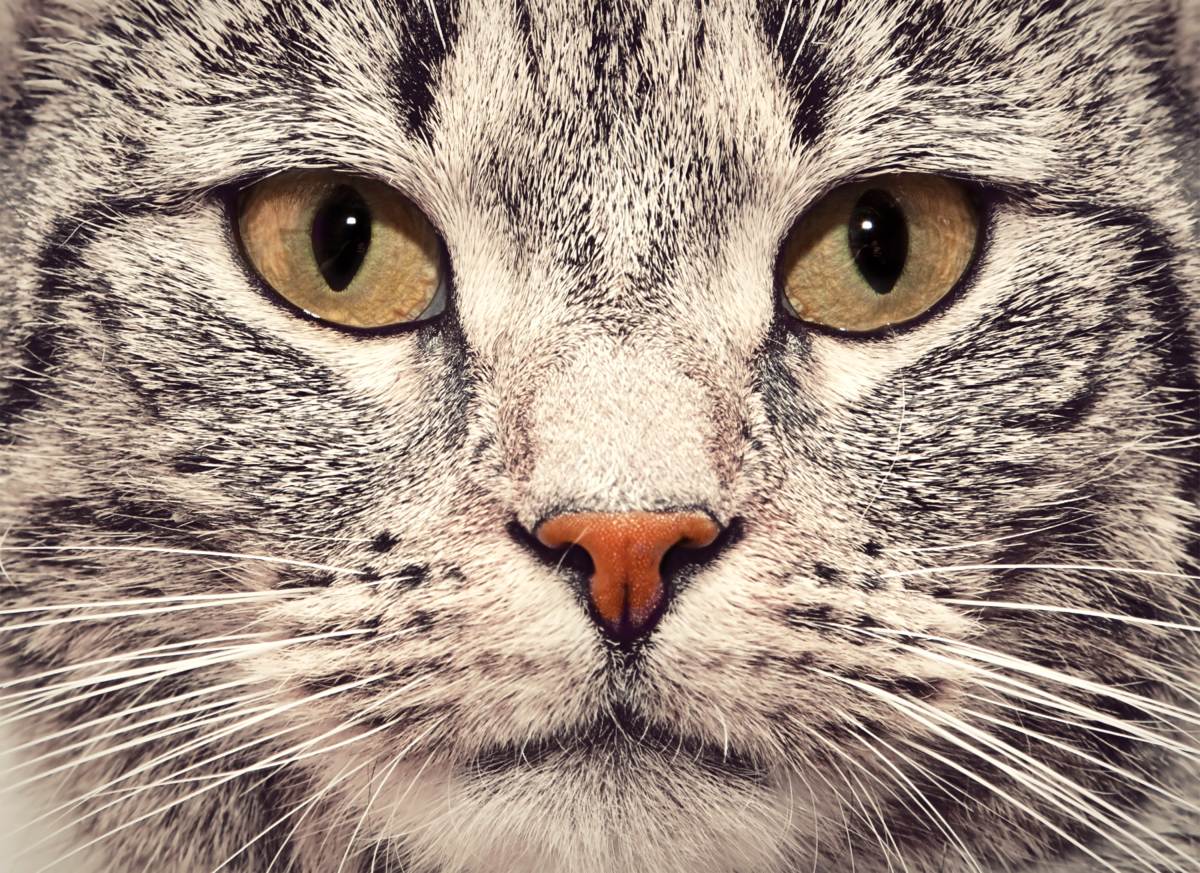
IBS, or irritable bowel syndrome, is a clinical condition characterized by chronic inflammation in the gastrointestinal (GI) tract of mammals. It is the leading cause of GI tract problems in felines and can be a severe condition if left untreated. In fact, if neglected, IBS may progress into irritable bowel disease (IBD), which is even more severe.
In essence, IBS is like a “sensitive stomach” for cats. It makes it difficult for them to digest food properly, leading to frequent, sickly bowel movements. IBS may also cause your cat to become a “picky eater,” as their appetite is affected by the condition.
The Dangers of Untreated IBS in Cats
When left untreated, chronic IBS can lead to various additional problems for cats. The malfunctioning of the digestive system due to IBS can hinder the cat's ability to absorb nutrients from food, potentially resulting in malnutrition. This, in turn, can give rise to a wide range of medical issues.
Moreover, IBS can compromise the immune system of your furry friend. More than 50% of a pet's immune function resides in their gastrointestinal tract. Therefore, a dysfunctional GI tract can weaken the immune system, making your cat more vulnerable to illnesses.
Causes of IBS in Cats
Now that we understand the impact of IBS on cats, let's explore its causes. There are several factors that can contribute to the development of IBS in felines. The most common causes include:
- Deficiencies in the myoelectric activity of the colon, which means the cells inside the colon aren't functioning properly.
- Dietary fibre deficiencies.
- Agitation and chronic stress, where CBD may help alleviate symptoms.
- Food allergies or intolerances.
- Disturbances in the neural regulation of the colon, which affect the digestion process.
It's important to consult with a veterinarian to determine the specific cause of your cat's IBS in order to effectively treat it.
Recognizing the Symptoms of IBS in Cats
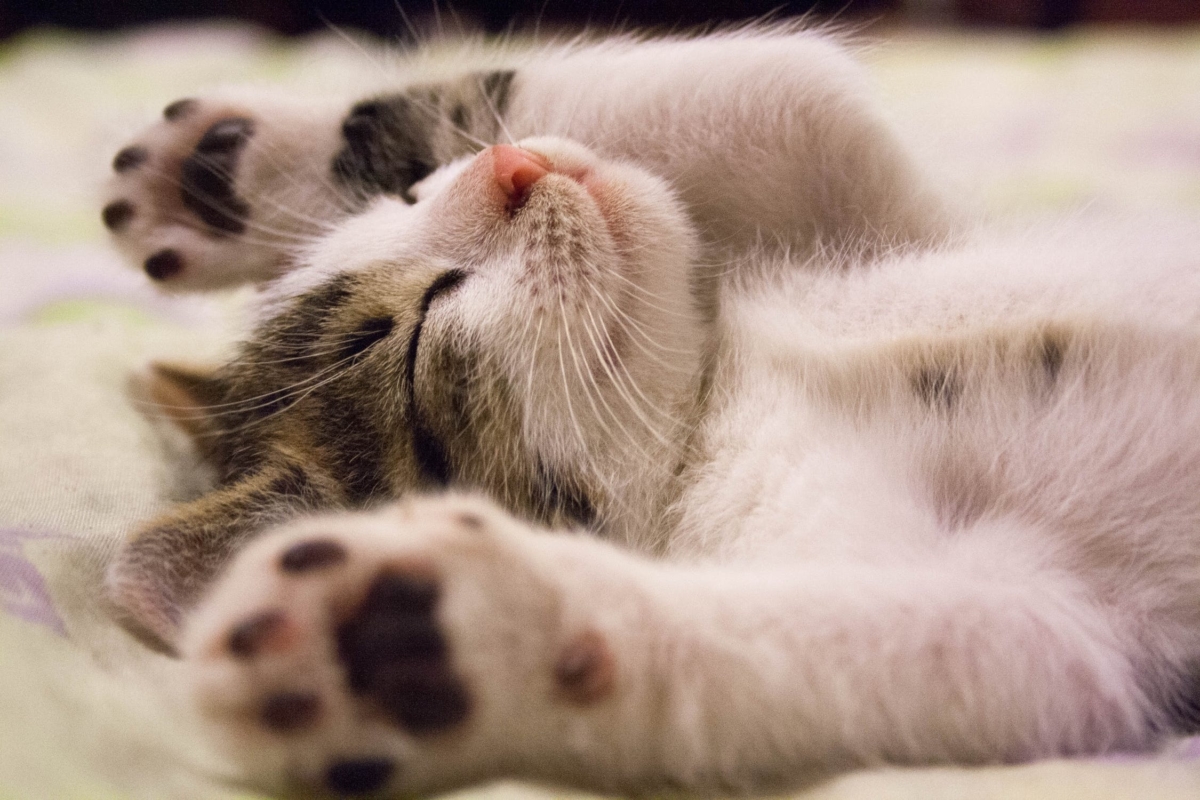
Identifying the symptoms of IBS in cats is crucial for timely intervention and treatment. Here are some common signs that your feline companion may be suffering from IBS:
- Chronic vomiting and/or nausea.
- Lethargy, weakness, and chronic fatigue.
- Abdominal bloating and/or pain.
- Constipation (referred to as dyschezia in cats).
- Discomfort and inflammation in the bowel's mucous membranes.
- Presence of mucus and/or blood in the faeces.
- Frequent passage of small amounts of faeces.
- Chronic diarrhoea in the large bowels.
These symptoms can range from mild to debilitating, often causing significant distress for your cat. They may also lead to litter box accidents, as the feline may struggle to control their bowel movements. If you notice any of these symptoms, it is crucial to consult a veterinarian to rule out other potential conditions and obtain an accurate diagnosis.
CBD: A Powerful Ally for Treating IBS in Cats

Now, let's delve into the extraordinary potential of CBD in managing IBS in cats. CBD is a wellness and health supplement derived from the cannabis plant, specifically industrial hemp. CBD oil is produced using the plant's stalks, leaves, and flowers.
This natural compound has emerged as one of the most promising and innovative treatments for various ailments in mammals, including cats.
CBD interacts with the endocannabinoid system (ECS) present in the bodies of all mammals, binding to cannabinoid receptors throughout the cat's body. This interaction results in a wide range of beneficial effects. Unlike other cannabis derivatives, CBD is non-psychoactive and does not induce a “high” sensation. It is completely safe for your pet and has no adverse side effects.
CBD's numerous medicinal properties make it particularly effective in managing IBS. By interacting with the ECS, CBD can help treat anxiety, reduce appetite loss, alleviate vomiting and nausea, reduce inflammation, and mitigate acute or chronic pain. As a result, CBD and hemp oil for IBS not only alleviate the symptoms of IBS but also target the underlying causes, such as stress and chronic inflammation in the GI tract. This combination of effectiveness and safety makes CBD a potent tool for enhancing your cat's well-being.
Natural Remedies for IBD in Cats
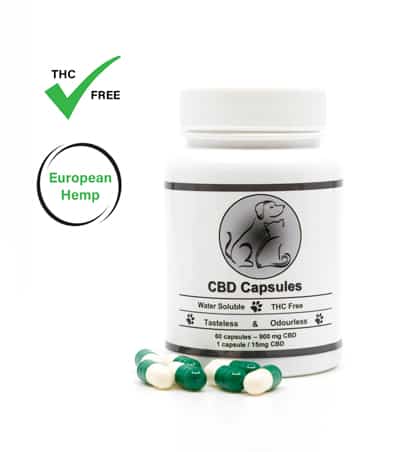
In addition to its remarkable benefits for IBS, CBD can also play a role in managing other conditions, such as anxiety in cats. While there are several prescription medications available, many pet owners prefer natural remedies like CBD oil for feline anxiety.
CBD has been found to have calming effects in cats, thanks to its interaction with the ECS present in every mammal's body. This system facilitates the flow of cannabinoids throughout the major organ systems, promoting well-being in various ways. CBD is a natural, non-toxic compound with therapeutic effects, including anxiety relief.
Understanding Feline Anxiety
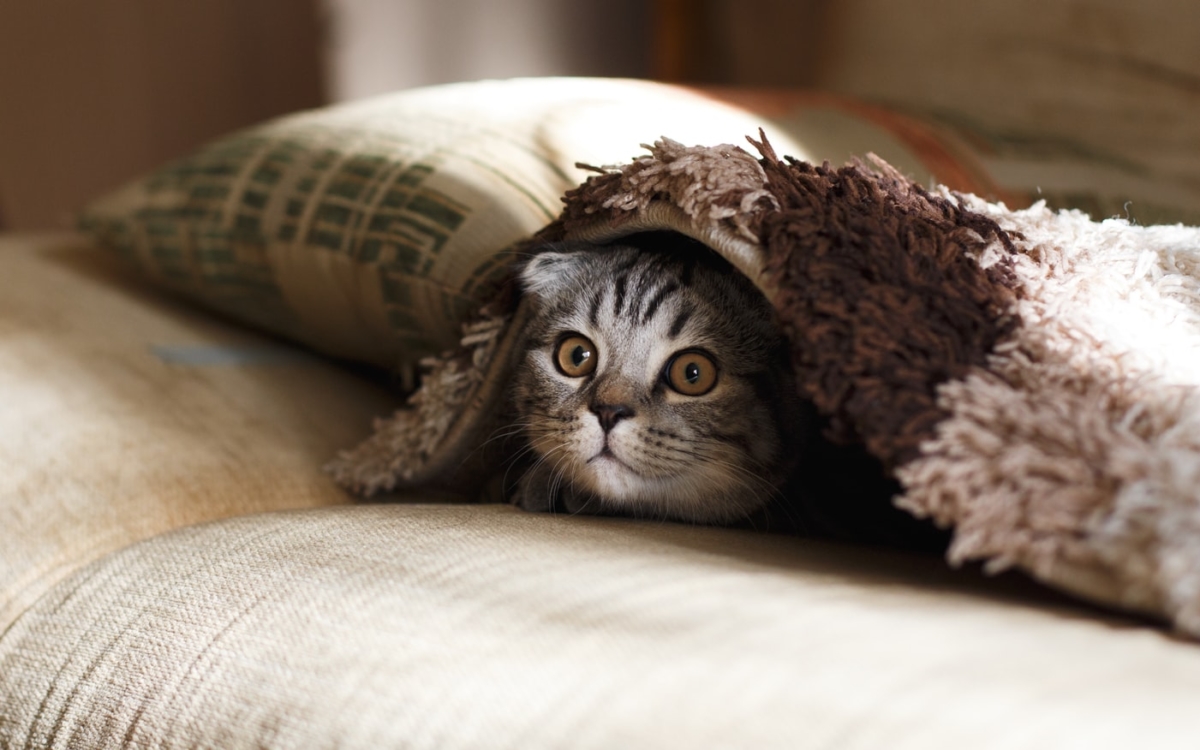
Anxiety is the body's natural response to stress or fear. It triggers the fight-or-flight response, preparing the body to react to potential dangers. While this response is crucial for survival, chronic anxiety can lead to anxiety disorders.
Cats cannot express their anxiety verbally, but they display observable behavioural symptoms when experiencing anxiety. These symptoms may include restlessness, excessive grooming, increased vigilance, dependency on people, scratching furniture, weight loss, excessive meowing, diarrhoea, and vomiting.
Separation Anxiety in Cats
Separation anxiety is one of the most common types of anxiety seen in cats. Contrary to popular belief, felines form deep bonds with their pet parents and are sensitive to changes in their environment. When a cat's attachment to its owner becomes dysfunctional, separation anxiety can become severe, leading to behavioural issues.
Cats with separation anxiety often exhibit distressing behaviours when their owners are leaving or preparing to leave. They may become excessively clingy, follow their owners from room to room, and attempt to prevent them from leaving. Over exuberant greetings upon the owner's return are also common signs of separation anxiety.
How CBD Helps Calm Cat Anxiety
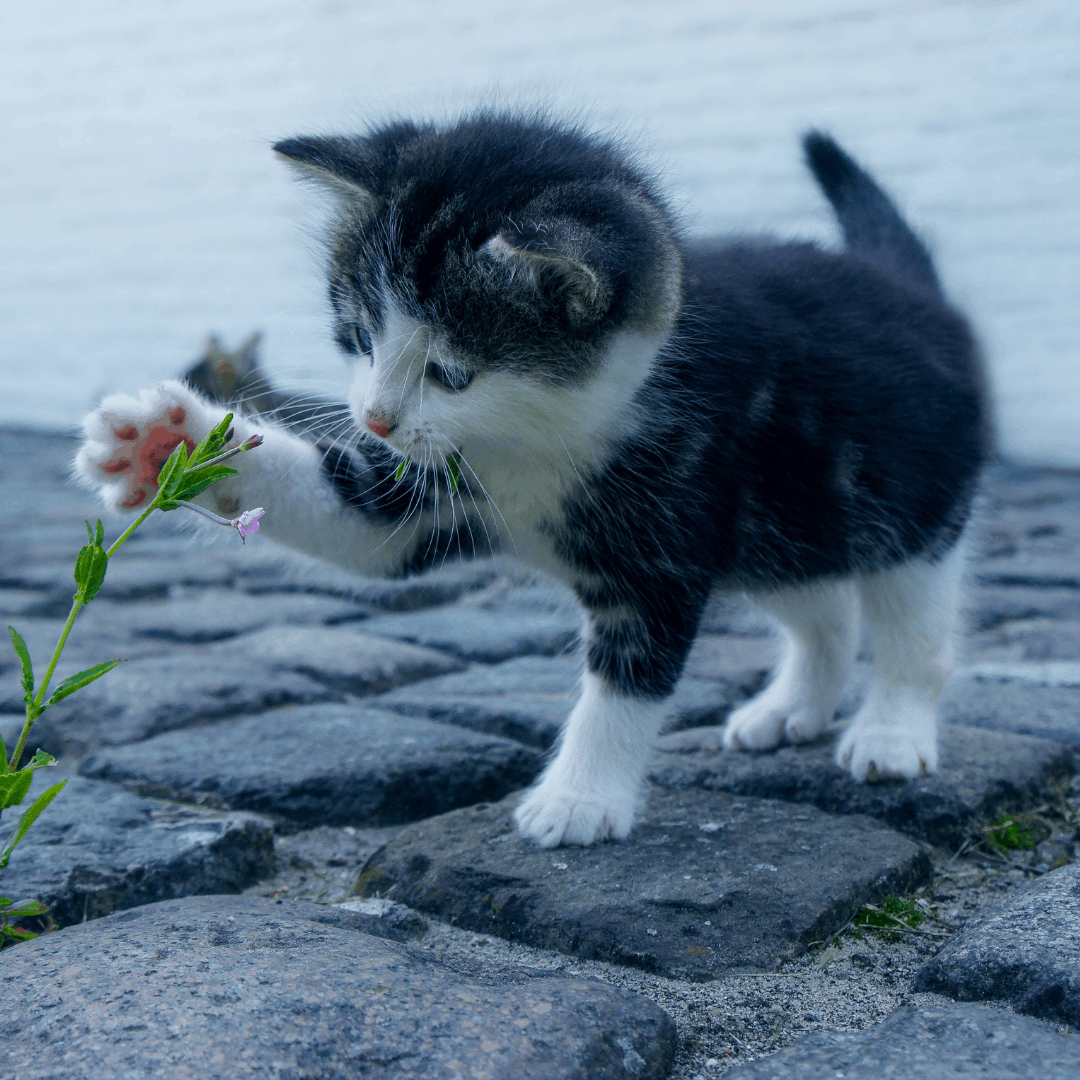
CBD has been extensively studied for its anti-anxiety effects, showing promising results. Research indicates that CBD reduces anxiety in individuals with generalized social anxiety and exhibits similar efficacy to commonly prescribed anti-anxiety medications.
Unlike THC, another cannabinoid found in cannabis that causes anxiety and a “high” feeling, CBD has the opposite effect and reduces anxiety. It does not induce any mind-altering effects and is safe for both humans and pets.
Scientists believe that CBD increases serotonin levels in the brain temporarily. Serotonin is a crucial hormone that regulates happiness, well-being, and mood. By increasing serotonin levels, CBD can improve your cat's mood and alleviate anxiety-related behaviours.
The benefits of CBD for feline anxiety have been demonstrated in both clinical studies and the countless positive experiences shared by pet owners. If you have a cat suffering from anxiety, using CBD oil as a natural remedy can help calm your cat and improve their overall quality of life.
More from our blog
Treating IBS in Cats: A Comprehensive Approach
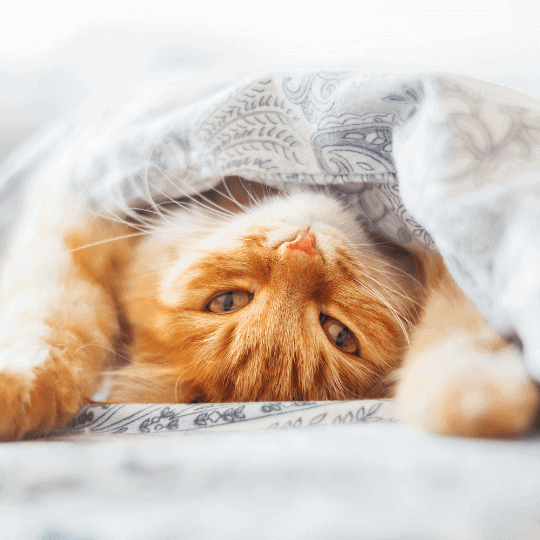
When it comes to treating IBS in cats, a multi-faceted approach is often necessary. While there is no single cure for IBS, the condition can be effectively managed through a combination of therapies. Here are some key treatment strategies:
- Dietary Changes and Management: Your veterinarian may recommend a hypoallergenic food trial to identify the specific food source causing GI distress. This involves feeding your cat a diet consisting of a single protein (such as duck, venison, or rabbit) and a carbohydrate source. Additionally, dietary changes may involve low-fat, high-fiber, and easily digestible foods tailored to your cat's age, activity level, breed, and any other clinical conditions.
- Medications: Corticosteroids like prednisone are often prescribed to manage IBS-related inflammation in the GI tract. Your vet may also prescribe immunosuppressive drugs or antibiotics to address infections and chronic inflammatory reactions in the GI tract, respectively. Prebiotics and probiotics can help establish a healthy gut flora, supporting digestion in your cat.
- Stress Management: Stress is a significant trigger for IBS symptoms. Anti-anxiety medications may be prescribed to help your cat better cope with stressful environments. Regular human interaction, stimulating play, engaging toys, and consistent exercise can also reduce stress hormone levels in your cat's body.
Combining CBD with these treatment approaches can enhance their effectiveness without causing any negative interactions. CBD is a versatile and safe addition to the treatment regimen, amplifying the benefits of other therapies and medications.
Ensuring the Safety of CBD for Your Pet
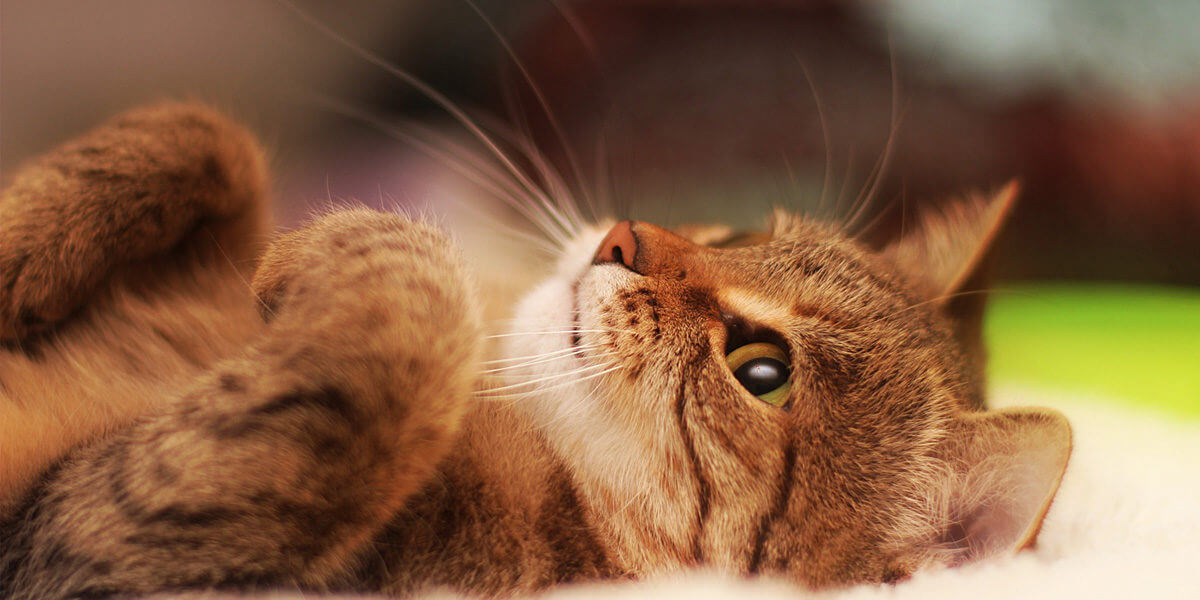
Rest assured, CBD is completely safe for your pet. It is impossible for them to overdose on CBD, and if administered in high doses, your pet may simply sleep it off.
However, it is essential to choose reputable brands that rigorously test their CBD products, such as The Real CBD Pet Products. These tests include checking for potency to ensure accurate CBD concentrations in each product, as well as testing for pesticides and residual solvents. The Real CBD Products guarantees that their CBD products are 100% organic and pesticide-free, providing you with a reliable and safe option for your cat.
In conclusion
CBD offers a ground-breaking solution for cats suffering from IBS. With its powerful therapeutic properties, CBD can effectively manage IBS symptoms and address underlying causes such as stress and inflammation. Additionally, CBD can provide relief for feline anxiety, enhancing your cat's well-being and quality of life. By combining CBD with other treatment strategies, you can optimize the management of IBS in your beloved feline companion. Choose CBD from reputable brands like The Real CBD Pet Products to ensure the safety and effectiveness of the treatment. Embrace this revolutionary therapy and help your cat live a happier, healthier life.
The Real CBD Pet Products
-
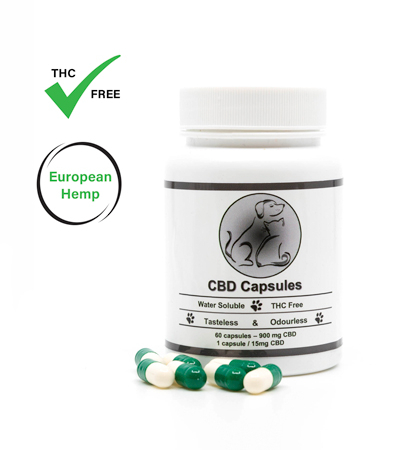 5% CBD Capsules for Pets€59.00
5% CBD Capsules for Pets€59.00 -
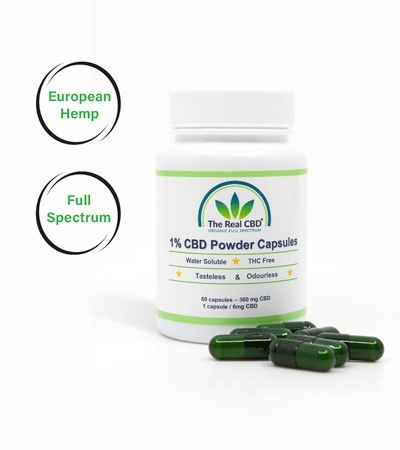 CBD Capsules – Water Soluble – 1%€29.00
CBD Capsules – Water Soluble – 1%€29.00 -
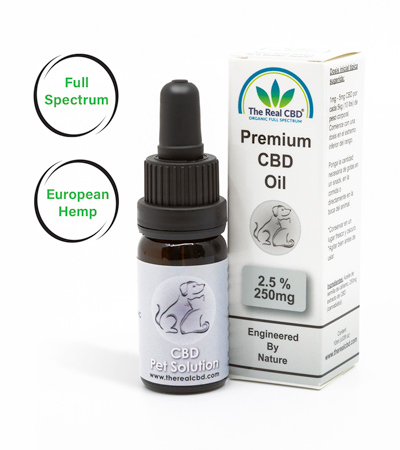 2.5% CBD oil for Pets€15.00
2.5% CBD oil for Pets€15.00 -
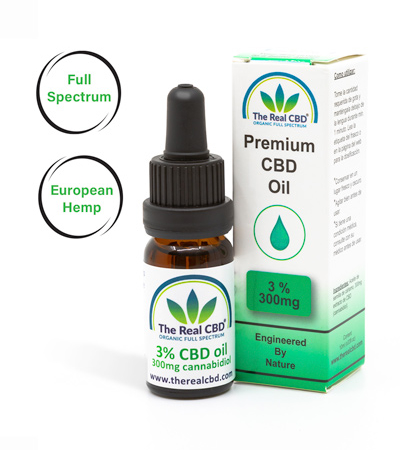 3% Pure CBD oil€15.00
3% Pure CBD oil€15.00

I am a certified expert in Medicinal Cannabis. We are all about giving correct and trustworthy information. We know how important it is to learn about CBD and cannabis, which is why we want to be your go-to source for trustworthy information. We help you improve your health by using our knowledge and experience as a starting point.

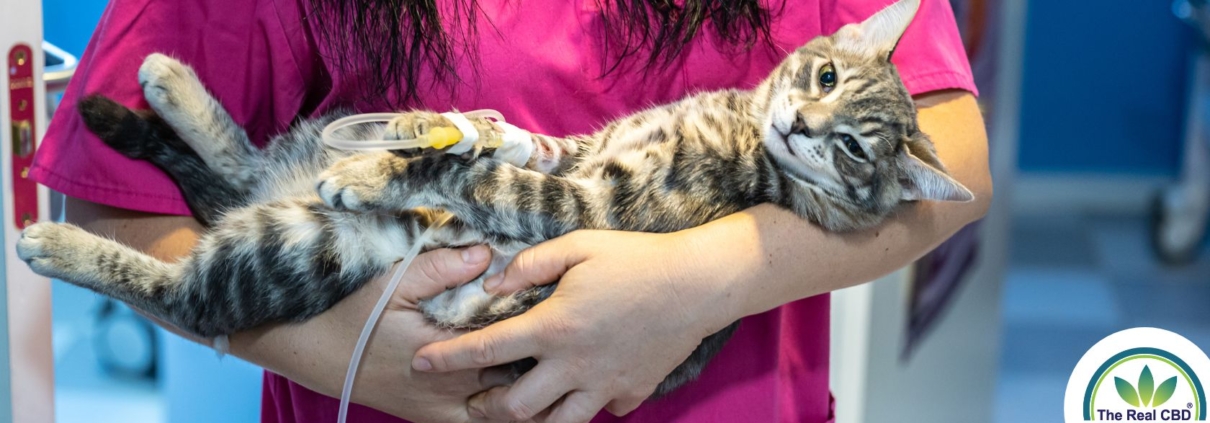


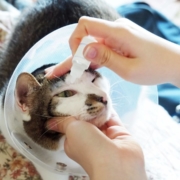


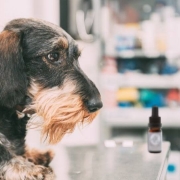






Leave a Reply
Want to join the discussion?Feel free to contribute!